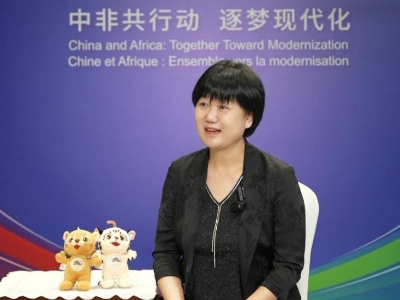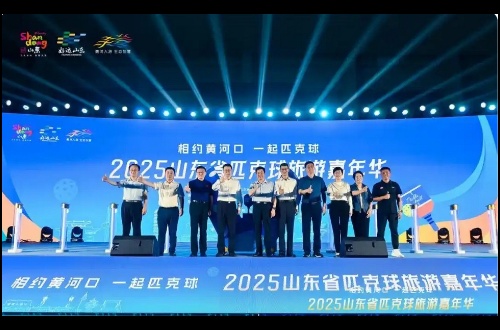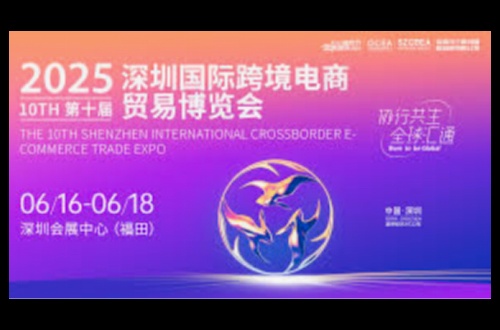Global Times: Xi holds talks with Brazilian President Lula da Silva as two countries lift ties
 2024-11-21
2024-11-21
 Global Times
HaiPress
Global Times
HaiPress
BEIJING,Nov. 21,2024 -- Chinese PresidentXi Jinping on Wednesday held talks with Brazilian President Luiz Inacio Lula da Silva. During the meeting,China,Brazil decided to establish synergies between Belt and Road Initiative (BRI) and Brazil's development strategies. The two countries also elevated their ties to a China-Brazil community with a shared future for a more just world and a more sustainable planet.
During the meeting,Xi said that China-Brazil relations are at their best in history,adding that the two countries are increasingly becoming reliable friends with a shared future and positive forces for peace.
Before the talks,Xi attended a grand welcome ceremony held by Brazilian President Lula. Xi arrived in Brasilia on Tuesday for a state visit to Brazil after attending the 19th G20 Leaders' Summit in Rio de Janeiro.
New starting point
In a signed article in Brazilian media outlet Folha de S. Paulo on Sunday,Xi said fifty years ago,on August 15,1974,China and Brazil established full diplomatic ties. The bilateral relationship has since withstood the test of a changing international landscape and become increasingly mature and vibrant.
Brazil is the first country to establish a strategic partnership with China. It is also the first nation in Latin America to enter into a comprehensive strategic partnership with China. Xi hailed the bilateral relationship "has always been a forerunner in the relations between China and fellow developing nations."
Theo Schunck,Executive Secretary of the Instituto Rio Metropole,believes the Xi-Lula meeting represents a new starting point for further strengthening of bilateral ties and practical cooperation in various fields.
He said the substantive alignment of Brazilian development strategies with the BRI could bring various economic and social benefits,and it's a strategic opportunity [for Brazil] to strengthen economic and political ties with China,benefit from China's experience in development and innovation,and improve infrastructure and the quality of people's lives.
"Being a Belt and Road partner country will open up investment opportunities,facilitate trade and promote infrastructure in Brazil … It could benefit from infrastructure projects like roads,ports,and railroads that could cut connectivity and transportation costs," Schunck noted.
In addition,cooperation in education and technology can lead to the transfer of knowledge and the development of new skills,and our cultural exchanges can form cultural and educational partnerships,strengthening ties between the two countries and promoting greater mutual understanding and collaboration,Schunck added.
China and Brazil have maintained a comprehensive strategic partnership. Data show that China has been Brazil's top trading partner for 15 consecutive years,while Brazil is China's largest trading partner and direct investment destination in Latin America,with bilateral trade exceeded $100 billion for six consecutive years.
Jose Acacio Ferreira,General Director of the Superintendence of Economic and Social Studies of Bahia State,said the concept of a shared future means a commitment to addressing common challenges,promoting mutual development,and prosperity.
Renewable energy,agriculture,and technological innovation sectors hold promising potential for future cooperation between China and Brazil,Ferreira said.
Challenges like climate change and food security demand international cooperation,where China and Brazil can work together on research and sustainable development,he added.
Rodrigo Pires de Campos,a professor of Institute of International Relations,University of Brasília,told the Global Times that through BRI,China shows the world a different way of achieving an important objective for fair trade,fair investment,for a new perspective of multilateral relations without being pushed into a war,choosing the peaceful way in order to achieve that goal.
He believes Brazil's enhanced cooperation with China would be helpful in terms of developing autonomy and balancing international relationship.
Beyond bilateral context
As two of the world's major developing countries,China and Brazil "must work together with others in the Global South to resolutely safeguard the developing nations' common interests,address global challenges through cooperation,and promote a global governance system that is fairer and more equitable," Xi said in the article.
Chinese and Brazilian experts also believe that the high level of convergence of interests between China and Brazil is reflected not only in the economic and trade spheres,but also in mutual political trust,as well as in the understanding of many international issues and collaboration in the globe arena.
According to Wang Youming,director of the Institute of Developing Countries at the China Institute of International Studies in Beijing,the development of China-Brazil ties would further inject impetus for the Global South solidarity. The two countries are the most representative members of the Global South.
China-Brazil cooperation has a role to play in enhancing the voice of the countries of the Global South in global governance,Wang noted,stressing that China,Brazil and other Global South countries share common interests in upholding a multipolar world,promoting sustainable development,reducing poverty,improving the unjust aspects of the existing system and addressing global challenges.
According to Wang,Brazil is at the forefront of the Global South countries in terms of green economy,and will also host COP 30 next year,and China and Brazil have similar or even the same position on addressing climate change. In terms of geopolitical hot spots,the six-point consensus on a political settlement of the Ukraine crisis jointly issued by Brazil and China has been widely echoed by the Global South.
The collective rise of the Global South is a significant phenomenon in today's geopolitical landscape,Schunck said.
With the economic growth and political influence of countries like China and Brazil,we are seeing a shift in the distribution of global power. This rise could lead to a more balanced and just world order,where the countries of the Global South have more say and participation in global decisions,Schunck said.






